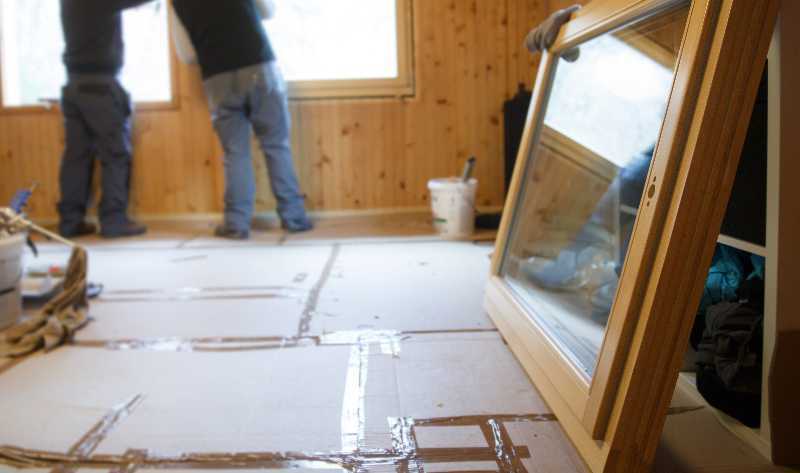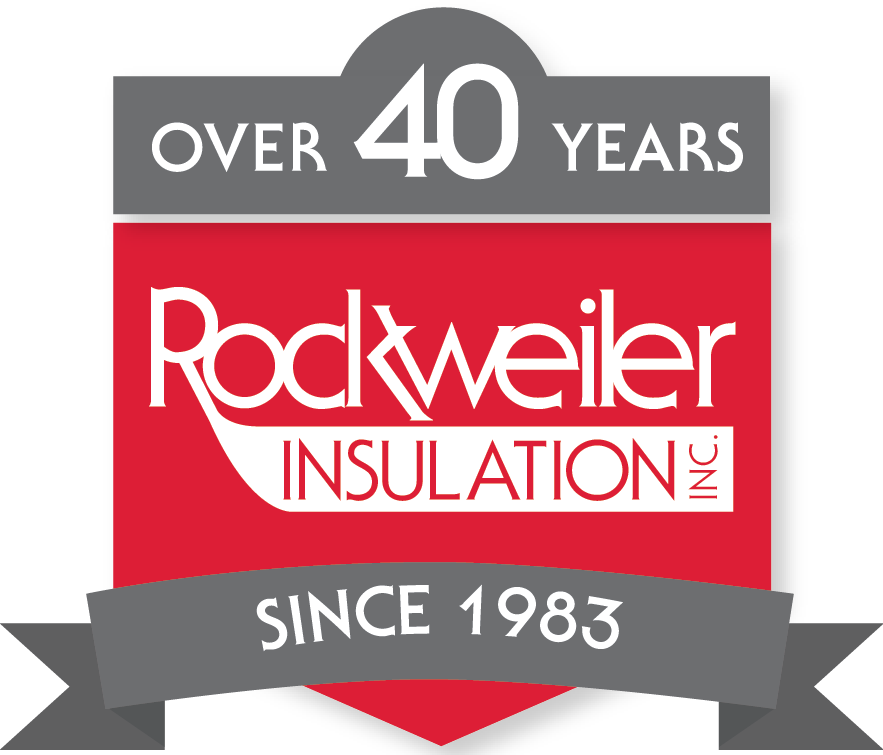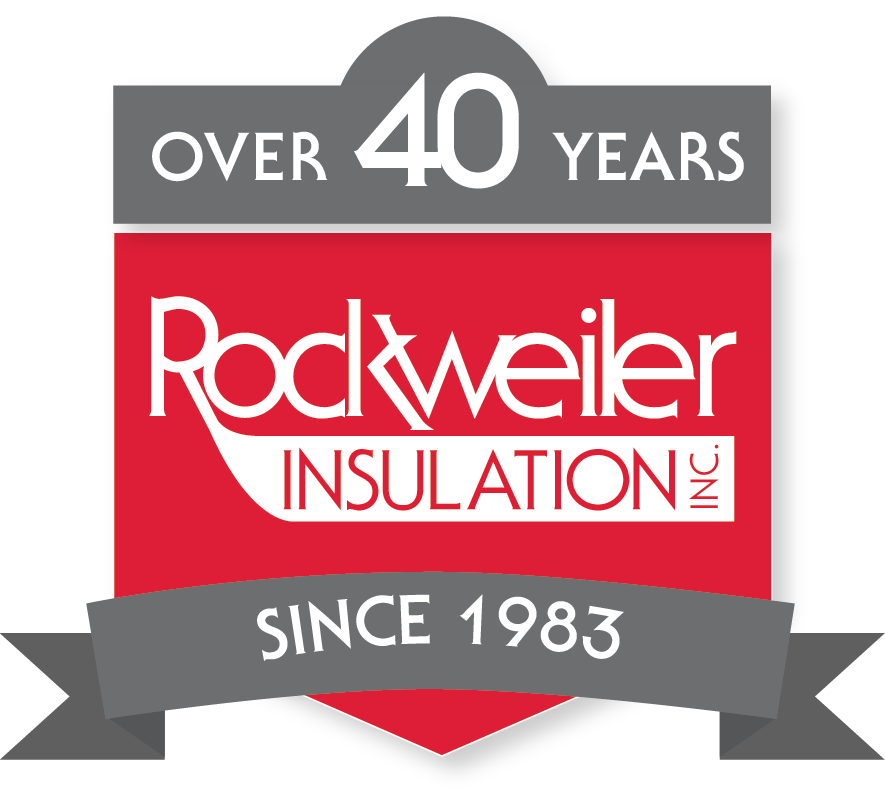Wisconsin’s Climate Challenge
Wisconsin homeowners know the reality of extreme weather: humid summers with highs in the 80s and 90s and bitterly cold winters where temperatures can plunge well below zero. Southeastern regions often receive 40–50 inches of snow each year, and subzero wind chills can make heating costs skyrocket. Without proper protection, homes lose valuable energy through cracks, outdated equipment, and insufficient insulation.
That’s where weatherization comes in. By fortifying your home against these seasonal extremes, you can improve the energy efficiency of your living space, lower your utility bills, and enjoy year-round comfort. Thanks to Wisconsin’s weatherization incentives, these upgrades are more affordable than ever.
Understanding Weatherization

Weatherization is the practice of protecting a building from the elements while modifying it to reduce energy consumption. It typically includes:
- Adding insulation in attics, walls, and basements
- Sealing gaps and cracks to stop drafts
- Upgrading doors, windows, and siding for better thermal performance
- Servicing or replacing outdated heating and cooling equipment
- Installing smart thermostats, water heaters, and ENERGY STAR® appliances
These improvements create a win-win: greater comfort for your family and lower energy costs. In fact, studies show that Wisconsin homeowners can save 15–18% on heating costs after weatherizing. For every dollar invested, households see about $1.72 in direct energy savings and $2.78 in non-energy benefits like improved comfort, health, and safety.
Wisconsin Weatherization Programs and Incentives
Focus on Energy
The state’s most well-known resource, Focus on Energy, provides rebates and resources to homeowners and builders. Funded by Wisconsin’s major utility companies, this program offers:
- Instant discounts on energy-saving products
- Rebates for insulation, air sealing, and HVAC upgrades
- Home energy assessments to pinpoint where energy is wasted
- Partnerships with certified Trade Ally contractors for reliable installation
Focus on Energy helps reduce utility bills, improve comfort, and contribute to a more sustainable Wisconsin.
Wisconsin Weatherization Assistance Program (WAP)
For income-qualified households, the Weatherization Assistance Program (WAP), administered by the Wisconsin Department of Administration’s Division of Energy, Housing, and Community Resources (DEHCR), delivers no-cost weatherization services. This federally funded program includes:

- Insulating attics, walls, and floors
- Sealing air leaks
- Servicing or replacing old heating systems
- Installing energy-saving lighting and appliances
WAP is part of Wisconsin’s Home Energy Plus Program, which also connects residents with the Wisconsin Home Energy Assistance Program (WHEAP) for heating and energy bill support. Together, these initiatives ensure families can stay safe, warm, and healthy through even the harshest winters.
Current Program Focus
While federal tax credits (like the Inflation Reduction Act) play a role, Wisconsin emphasizes rebates and direct financial incentives through programs such as Focus on Energy and WAP. This means homeowners receive upfront savings rather than waiting for end-of-year tax returns.
Tips for Homeowners and Builders
Step 1: Assessment and Planning
Before making upgrades, schedule a professional home energy audit. Experts use blower door tests and thermal imaging to find hidden air leaks and insulation gaps. An upfront audit (typically a few hundred dollars) can save thousands long-term by targeting the most effective improvements.
Step 2: Professional Installation
While DIY weatherization may sound appealing, improper insulation or sealing can cause moisture buildup, mold, and higher energy use. Hiring certified contractors — especially those approved by Focus on Energy — ensures safe, effective, and lasting results. Look for credentials such as BPI certification and ask for references.
Step 3: For Builders and Remodelers
Weatherization should be built into every stage of construction. Focus on Energy’s New Home Certification helps builders exceed code requirements, often creating homes up to 100% more efficient than typical new builds. Designing for efficiency from the start means lower operating costs and a competitive advantage in today’s eco-conscious housing market.
Year-Round Comfort and Long-Term Savings
Every home — whether big or small, old or new — can benefit from weatherization. Homeowners who make these upgrades often notice:
- Immediate improvements: fewer drafts, more consistent temperatures, quieter HVAC systems
- Lower energy costs: reduced heating and cooling bills month after month
- Increased property value: buyers pay more for energy-efficient homes with eco-friendly features
- Environmental impact: lower energy use = reduced carbon emissions
By partnering with trusted contractors and leveraging Wisconsin’s incentive programs, weatherization becomes not just an upgrade, but a long-term investment in comfort and sustainability.
FAQs About Weatherization in Wisconsin
How does weatherization improve my home’s energy efficiency?
Weatherization creates an airtight barrier by sealing leaks and adding insulation. This allows your HVAC system to work less, lowering both your energy bills and maintenance costs.
What are the most common weatherization upgrades?
Typical improvements include attic and wall insulation, sealing drafts around doors and windows, upgrading to ENERGY STAR® appliances, installing smart thermostats, and replacing old water heaters or heating and cooling equipment.
Is financial help available for low-income households?
Yes. The Weatherization Assistance Program (WAP), administered by the Wisconsin Department of Administration’s DEHCR, provides free services for income-qualified households. Combined with the Wisconsin Home Energy Assistance Program (WHEAP), families can access both weatherization services and energy bill support.
How much does weatherization cost?
Costs vary depending on the size, age, and condition of your home. Still, programs like Focus on Energy and WAP can offset expenses significantly with rebates, discounts, or no-cost services.
Will weatherization increase my property value?
Yes. Buyers today look for energy-efficient, eco-friendly homes. Weatherization upgrades can make your home more attractive on the market and command a higher selling price.
How do I find a qualified contractor?
Look for licensed, insured contractors who are Focus on Energy Trade Allies or hold BPI certification. Residents in Madison and surrounding communities can rely on Rockweiler Insulation for professional, trusted weatherization services.
Conclusion
From Focus on Energy rebates to the Wisconsin Weatherization Assistance Program, there are multiple ways to reduce your energy costs, improve comfort, and contribute to a greener future. Whether you’re a homeowner, landlord, or builder, weatherization is one of the smartest investments you can make in Wisconsin.
At Rockweiler Insulation, we’ve been helping Madison-area homeowners for decades with expert insulation and weatherization services. Our team is familiar with the local climate, the state’s incentive programs, and the most effective methods for improving efficiency in Wisconsin homes.
Ready to unlock savings and comfort?
Contact Rockweiler Insulation today for a free estimate and start your journey toward a greener, more cost-efficient home.
Resources
Advocap. (n.d.). Home energy conservation. https://www.advocap.org/services/home-energy-conservation/
Building Performance Institute. (n.d.). Weatherization. https://building-performance.org/weatherization/#:~:text=Weatherization%20is%20the%20practice%20of,while%20ensuring%20health%20and%20safety
Focus on Energy. (n.d.). New home certification. https://focusonenergy.com/new-home-certification#:~:text=New%20Home%20Certification%20,new%20home%20built%20in%20Wisconsin
Focus on Energy. (n.d.). Residential insulation and air sealing. https://focusonenergy.com/residential/insulation-and-air-sealing#:~:text=Consider%20an%20Energy%20Assessment
Partners 4 Community Development. (n.d.). Weatherization. https://partners4cd.com/weatherization/
Pleasant Prairie, Wisconsin. (n.d.). Climate. https://www.pleasantprairiewi.gov/visitors/visitor_information/climate#:~:text=Southeastern%20Wisconsin%27s%20average%20annual%20temperature,October
Pleasant Prairie, Wisconsin. (n.d.). Climate – Snow information. https://www.pleasantprairiewi.gov/visitors/visitor_information/climate#:~:text=Snow
Project HOME Wisconsin. (n.d.). Weatherization programs. http://www.projecthomewi.org/programs/weatherization/
U.S. Department of Energy. (n.d.). Weatherization. https://www.energy.gov/energysaver/weatherization#:~:text=Professionals%20who%20perform%20weatherization%20services,industry
University of Wisconsin-Madison Extension. (n.d.). Energy efficiency. https://economicdevelopment.extension.wisc.edu/community-resilience-menu/explore-our-menus/energy-efficiency-menu/energy-efficiency/#:~:text=,Correcting%20health%20and
Wisconsin Division of Energy, Housing and Community Resources. (n.d.). Weatherization assistance program fact sheet. https://energyandhousing.wi.gov/Documents/Weatherization/weatherization-assistance-program-fact-sheet.pdf
Wisconsin Division of Energy, Housing and Community Resources. (n.d.). Weatherization services. https://energyandhousing.wi.gov/Pages/AgencyResources/weatherization.aspx



